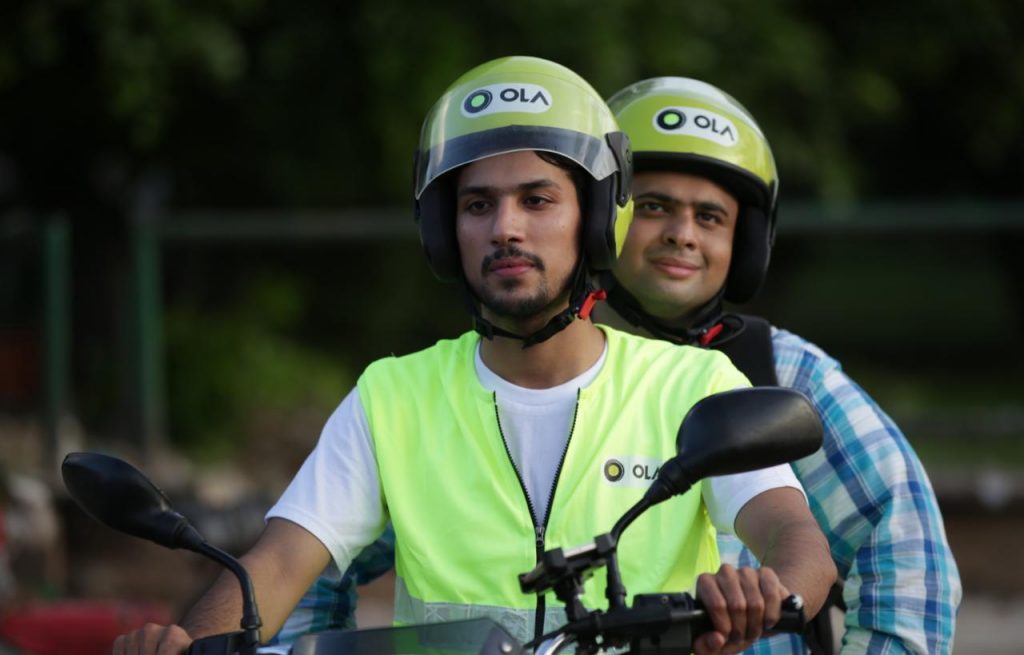Indian mobility unicorn Ola is setting up its first manufacturing facility for electric vehicles (EVs) with an investment of USD 326 million (INR 24 billion) as it looks to roll out electric scooters next year.
The company has signed memorandum of understanding with the government of Tamil Nadu, a state in Southern India. Upon completion, the factory will create almost 10,000 jobs and will be the world’s largest scooter manufacturing facility, with the initial annual capacity of two million units, the company said on Monday.
Ola’s manufacturing facility, which reportedly will be completed in around 18 months, will cater to customers across India, Europe, Asia, and Latin America, among others. In its first year, the company aims to sell around one million vehicles, a report by local media Mint said, citing Ola’s executives.
‘This is a significant milestone for Ola and a proud moment for our country as we rapidly progress towards realising our vision of moving the world to sustainable mobility solutions across shared and owned mobility,” Bhavish Aggarwal, Chairman and Group CEO, Ola, said in a statement. “This will be one of the most advanced manufacturing facilities in the world.”
The company added that it will launch the first range of electric scooters in the coming months. According to the Mint report, Ola eventually plans to enter three and four-wheelers categories as well.
Read this:Gayam Motor Works equips the electric fleets of India’s e-commerce companies
Ola first ventured into the electric vehicles business in 2017 with Ola Electric, and spun it off into a separate arm two years later. In July 2019, Ola Electric raised USD 250 million from SoftBank Vision Fund at a valuation of USD 1 billion. Even as the healthcare pandemic crushed the Bengaluru-based company’s ride-hailing business, it pushed ahead with its plans to make a debut in electric vehicle market.
In May, Ola Electric acquired Amsterdam-based electric two-wheeler manufacturer Etergo BV for an undisclosed sum. Founded in 2014, Etergo has developed an all-electric state-of-the-art ‘AppScooter’, which uses swappable high energy density batteries to deliver a range up to 240km. The company is reportedly looking to bring these electric-scooters on Indian roads in 2021.
Earlier in August, the company said it would hire over 2,000 people for its electric vehicle business. Late last month, it brought on board General Motor Veteran Jose Pinheiro to head its global manufacturing and operations.
The 10-year-old company offers ride-hailing solutions including motor bikes, auto-rickshaws, metered taxis, and cabs, on the back of over 2.5 million driver-partners. Ola is one of the few Indian startups that have expanded globally over the last few years. Currently, it has operations in over 250 cities across India, Australia, New Zealand, and the UK. Aside from its core ride-hailing business and electric vehicle unit, the company also has fleet management and financial services arms.
The move is expected to give a boost to the country’s nascent electric vehicle market as well as local manufacturing. India’s EV market penetration is predicted to reach 25 – 35% for electric two-wheelers and 65 – 75% for three-wheelers, respectively, by 2030, according to a joint report by KPMG India and CII, the Confederation of Indian Industry. The growth is owing to several factors including the increasing availability of charging infrastructure, reduced battery prices that bring down the cost, favoring policies, as well as better customer awareness.
The other prominent players in the two-wheeler EV space include Hero, Ather, Electrotherm, Avon, Lohia, and Ampere, among others.
